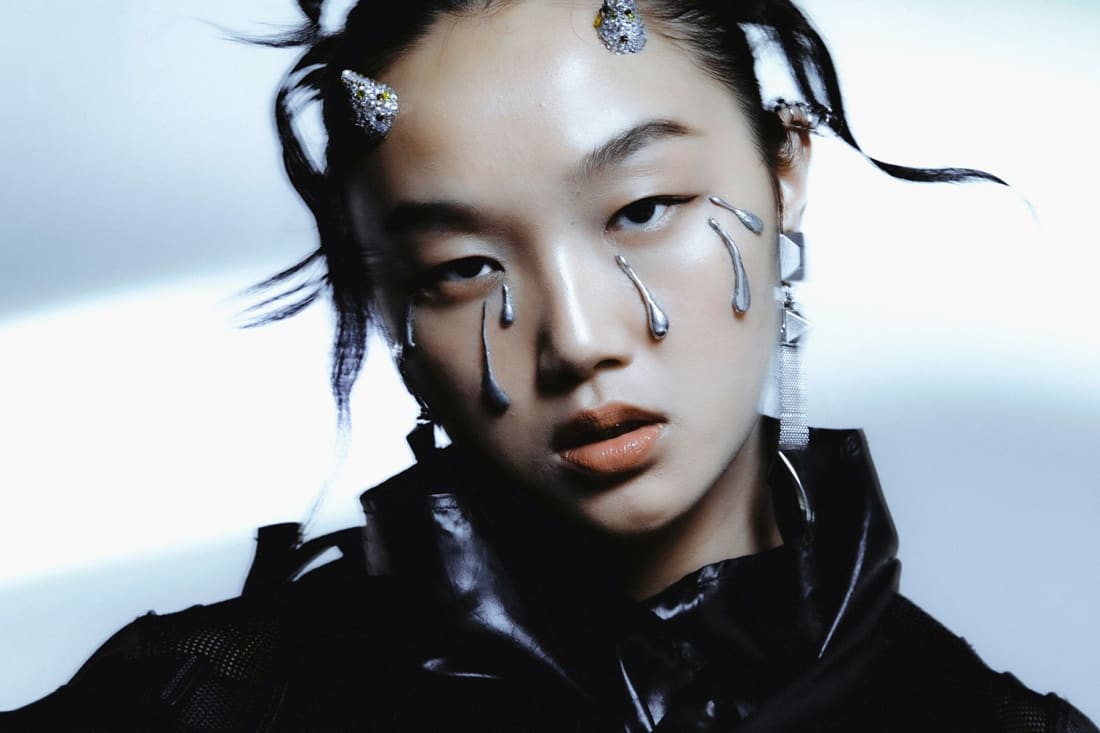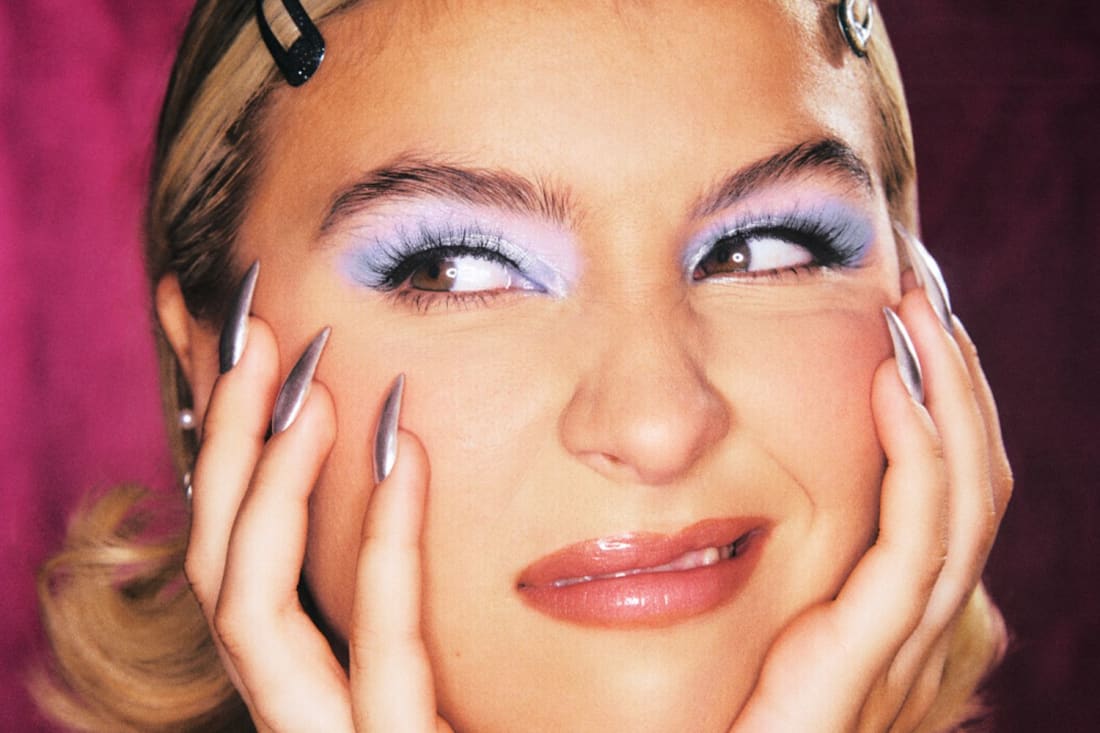What is astroturfing and is the music industry gaslighting us?
Labels are being accused of planting grassroots support for artists on TikTok and Instagram – so how can we tell what's really real?
Labels are being accused of planting grassroots support for artists on TikTok and Instagram – so how can we tell what's really real?
Ever wondered why some artists seem to pop off suddenly online? From Fred Again to Ice Spice, certain musicians seem to have particularly sharp ascents, and much of that is down to young fans discovering new music they love. But recently, some online commentators have been wondering whether certain artists are getting a helping hand from labels via funnelling funds to tastemakers – a cheat code to success, if you like.
This practice isn’t new, and it’s got a name: astroturfing. Broadly, it means generating artificial support via online comments and posts, and is now a marketing technique for everything, from political parties to brands. It’s typically done on a scale of transparent to opaque (transparent being influencers labelling their sponcon as #ads, while an example of opaque might be the surge of bot activity around the Johnny Depp trial, as explored in the recent Who Trolled Amber? podcast).
But the idea of astroturfing in the music space is something that hasn’t been discussed much. Last month, music content creator Derrick Gee posted a video about the phenomenon, after a user created a TikTok about not being “able to tell Dua Lipa songs apart any more”. Gee spoke about Lipa’s music being everywhere on the platform, and how something about that didn’t feel quite right. He shared his suspicions of her label using a new digital marketing strategy to get the music in front of as many eyeballs (and eardrums) as possible.
Although he hasn’t seen it happening much firsthand, he acknowledges that within the shifting social media landscape, influencers can now be incredibly useful for breaking artists. “You now have streamers and tastemakers whose opinions can hold serious weight and they can get them out there instantly,” he tells woo. “There's a new level of interactivity to marketing as well now, audiences and fans are also creators as opposed to just being viewers or consumers like they were previously.”
Thomas adds, however, that he’s “seen a few examples of it going spectacularly wrong – I remember seeing an artist who ‘wrote a song on TikTok’ in response to a comment ‘from a fan’. The song blew up and then people quickly realised the comment that started it all was from the artist’s marketing manager, which completely tainted an otherwise amazing moment in a young artist’s career.” The artist he’s talking about, as outlined in this piece in The New Yorker, is Gayle and her track ‘abcdefu’ (although her label, Atlantic, has denied that this was done as a marketing ploy).
At a time when there’s widespread discussion about whether artists are ‘industry plants’, authenticity is bigger currency than ever. Thomas says that young audiences are able to sniff out when things are phoney: “As soon as people find out something is fake, they're not afraid to let it be known, either. You see quite a visceral reaction when fans feel like they've been lied to. People love a marketing stunt but people don't like being lied to – so there's a line.” But when there’s a huge amount of real stans, say in the fandoms of BTS or Dua, it’s harder to gauge what’s organic and what’s not.
Right now, artists are struggling to make a living from streaming, and those that do achieve success are typically from wealthier backgrounds. While astroturfing in the music industry might not be as critical an issue as, say, political disinformation amid worldwide elections, it’s still a question of money powering art, which rarely leads to the best results. “‘Fake it till you make it’ can only get people so far,” says Thomas. “First impressions are important and the wrong impression can be difficult to shake, especially for new or rising artists. It's tougher than ever for people to get their music and story out there, but I would always steer people away from anything that feels deceptive or underhanded.”












